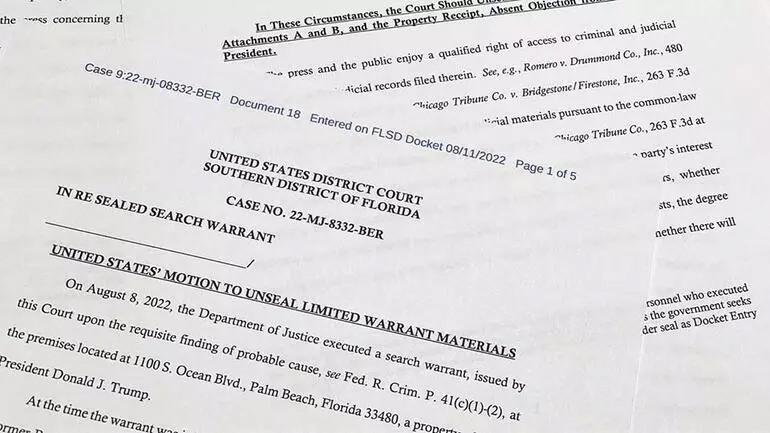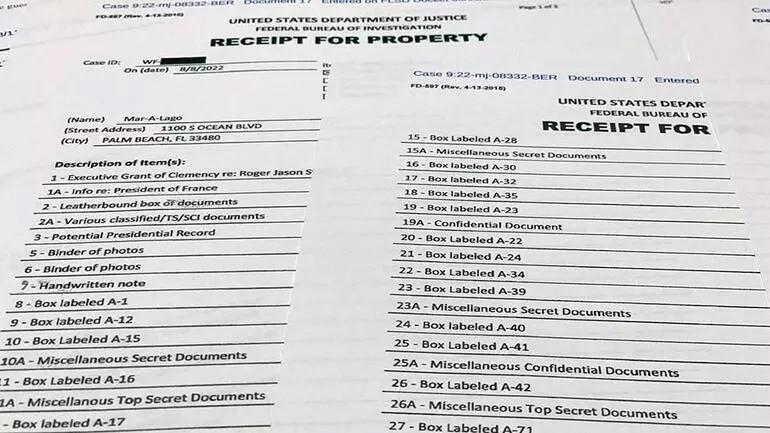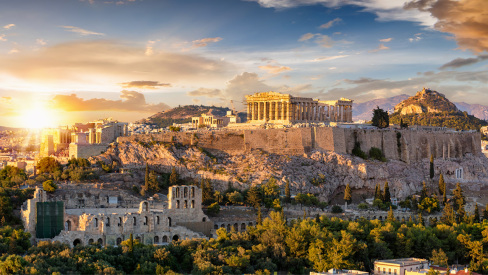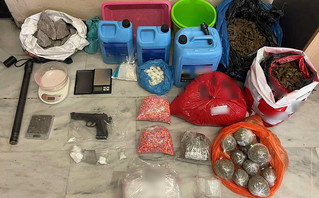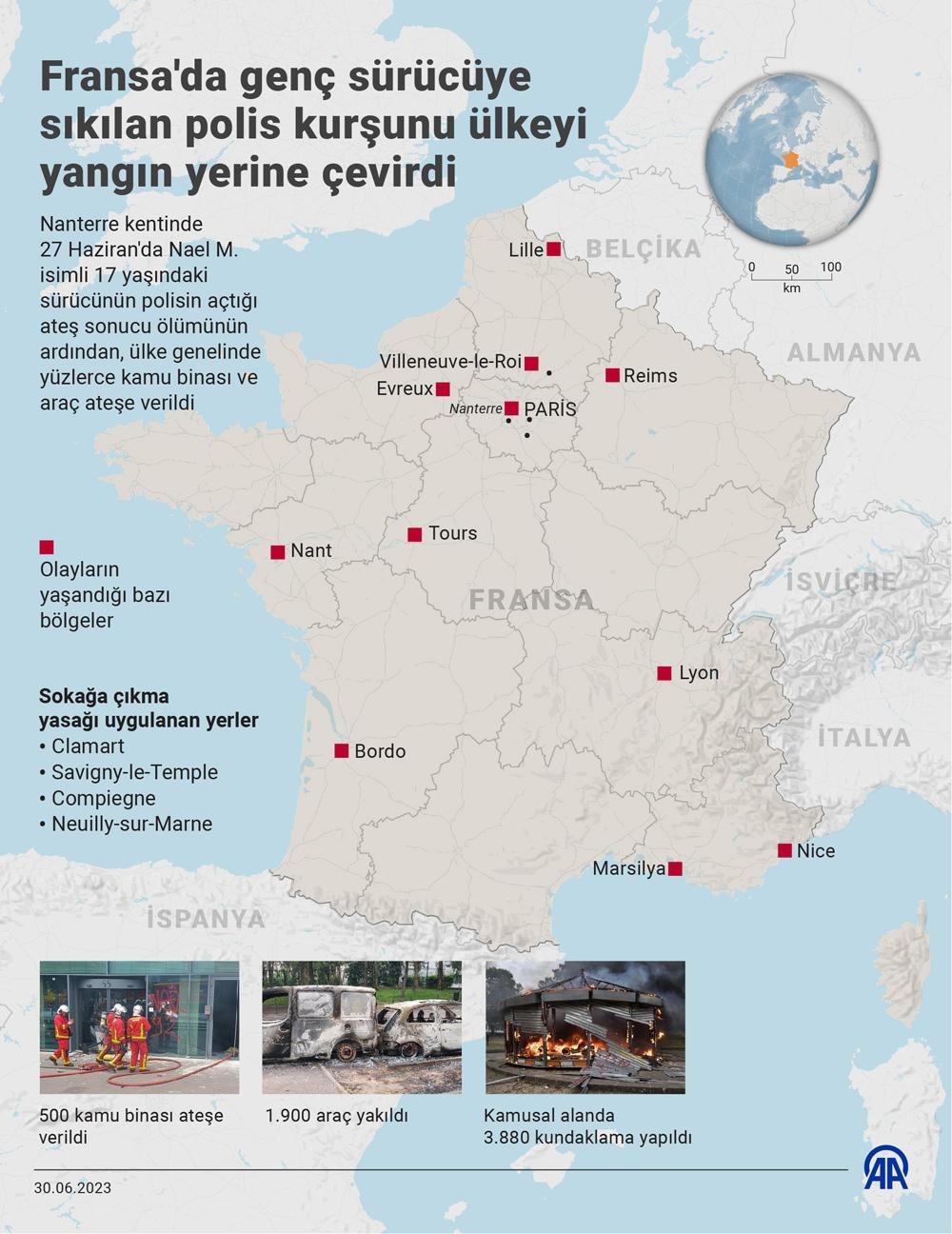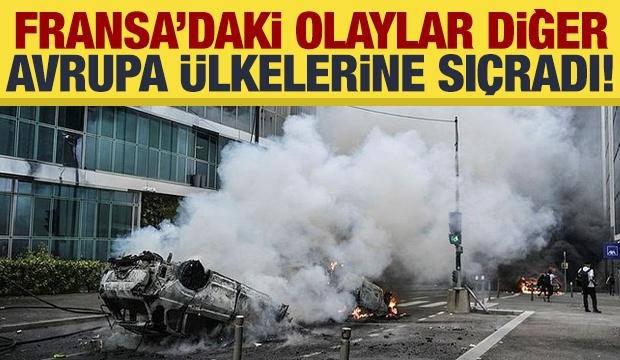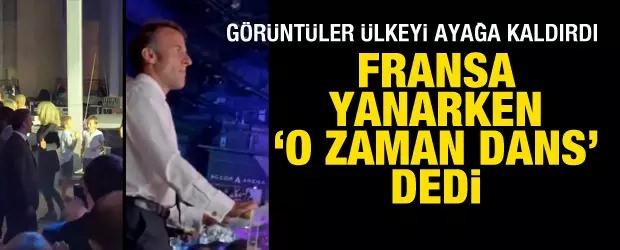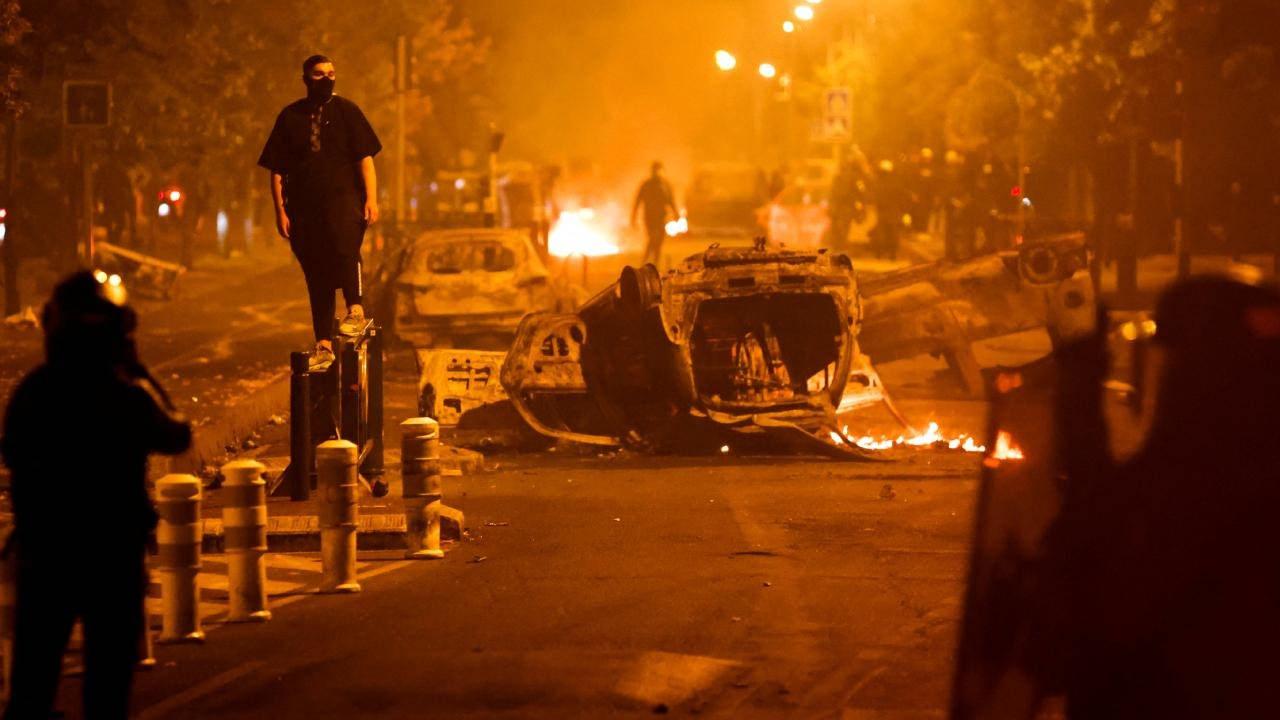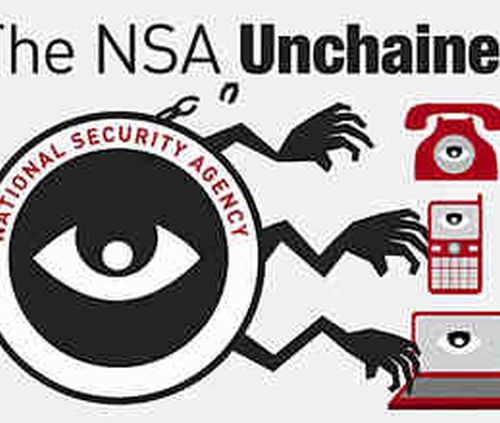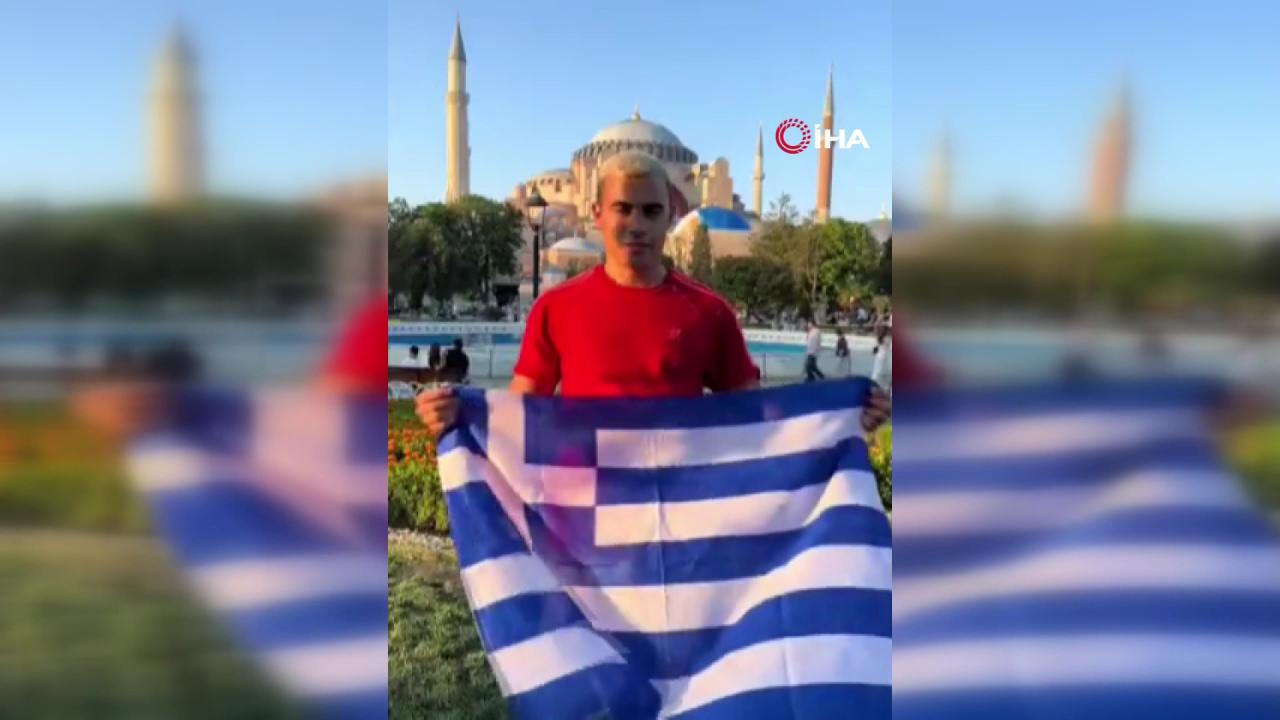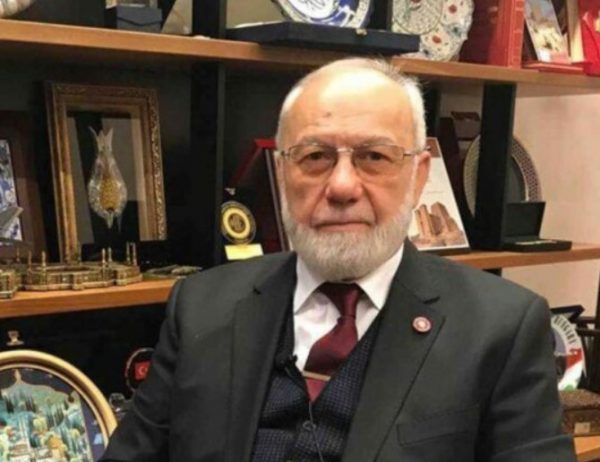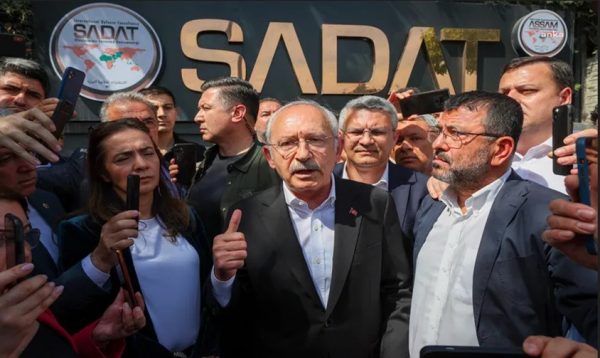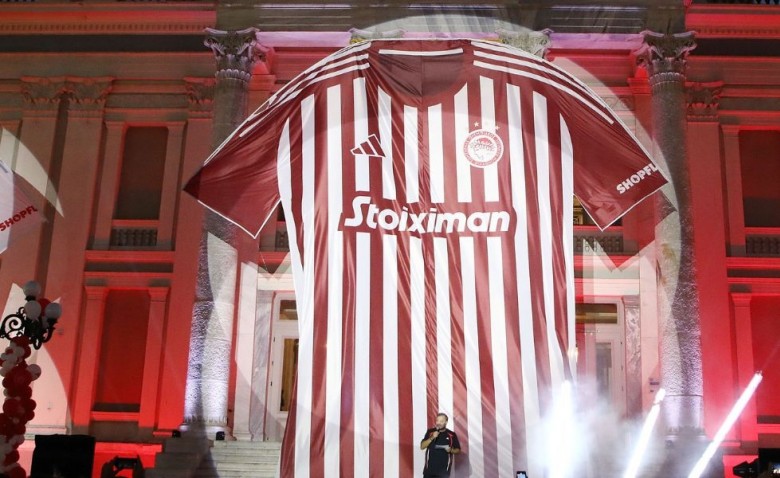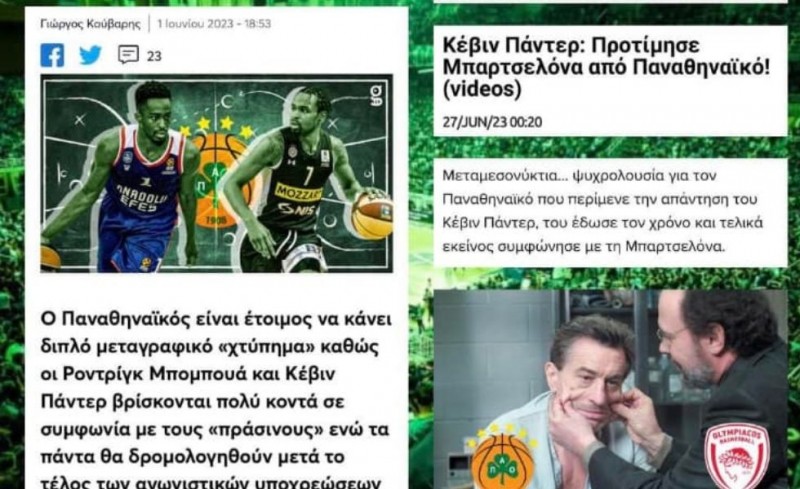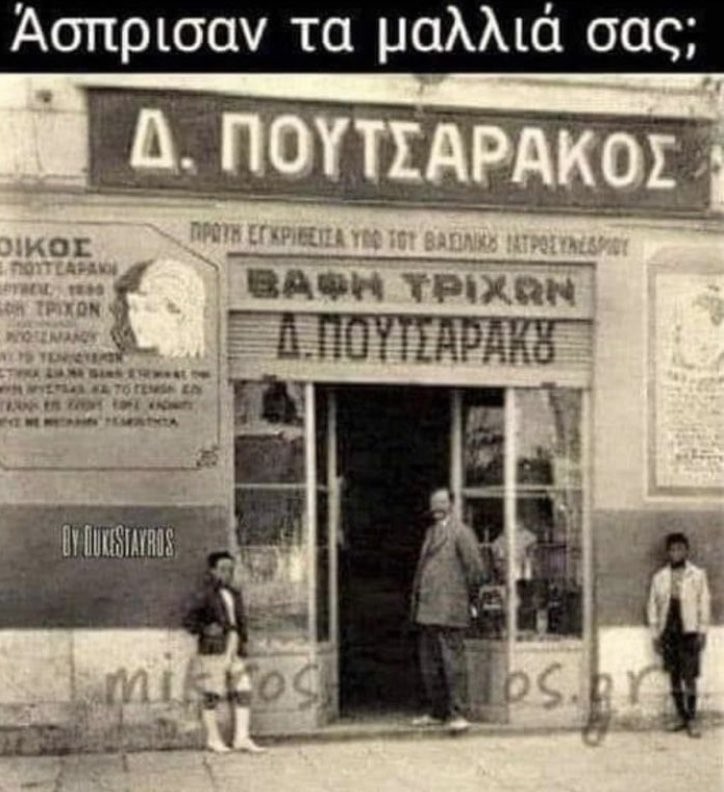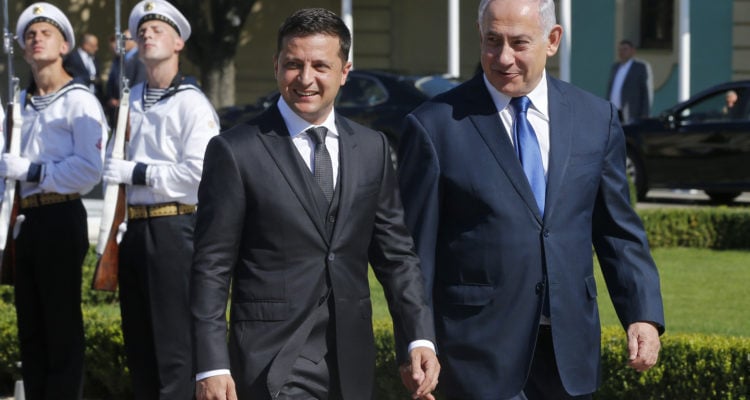Συμμάζεμα!..
Φίλοι μου / μας!
1.
Israel Kidnaps Terrorist on Iranian Soil, Gets Detailed Confession; Attack on Israelis Foiled
The Mossad will continue to take determined action to prevent attacks on Jews and Israelis around the world, the agency stated.
By United with Israel Staff
The Mossad, Israel’s world-renowned national intelligence agency, revealed details Thursday evening on an operation that thwarted an Iranian terrorist cell earlier this week. The attack was aimed at Israeli tourists in Cyprus.
In a counterterrorist operation on Iranian soil, the Mossad abducted Yusef Shahabazi Abbasalilu, head of the cell, who gave his investigators a detailed confession.
Abbasalilu had received specific instructions and weapons from senior Revolutionary Guards personnel in Iran. During questioning, he admitted his involvement in the attempted attack and described how he tried to carry it out.
“We will reach whoever foments terrorism against Jews and Israelis around the world, including on Iranian soil,” a senior Mossad official stated.
The uncovering of the cell follows a series of arrests in Cyprus last week in which Iranian activity on Cypriot soil was revealed in a continuing effort to carry out terrorist attacks and harm Israelis and Jews around the world.
“We are working without respite against the attempts of Iran and its proxies to open terrorist fronts against us – in Syria, Lebanon, Gaza and in Judea and Samaria,” Prime Minister Benjamin Netanyahu, who was attending a graduation ceremony for IDF pilots Sunday night at Hatzerim Air Force Base, said at the event.
“We are also working against Iran’s efforts to develop terrorist cells and capabilities in neighboring countries, which are not countries in conflict with us.
“We will not allow Iran to establish itself on our borders. We will not allow it to build precision weapons factories in Lebanon and Syria. And, of course, we will not accept Iran’s intentions to develop a nuclear arsenal,” he stated.
Furthermore, “even if an agreement is signed between the US and Iran regarding the latter’s nuclear program, we will not be bound by this agreement.
“We will maintain our right and our obligation to defend ourselves, with our own forces, against any threat whatsoever, throughout the Middle East. The Air Force has, and will have, a very important role in this.”
2.
Secretary General: Bulgaria plays an important role in NATO’s response to security challenges
Secretary General Jens Stoltenberg welcomed Prime Minister Nikolai Denkov of Bulgaria to NATO Headquarters on Thursday (29 June 2023) to discuss final preparations for the upcoming Vilnius Summit.
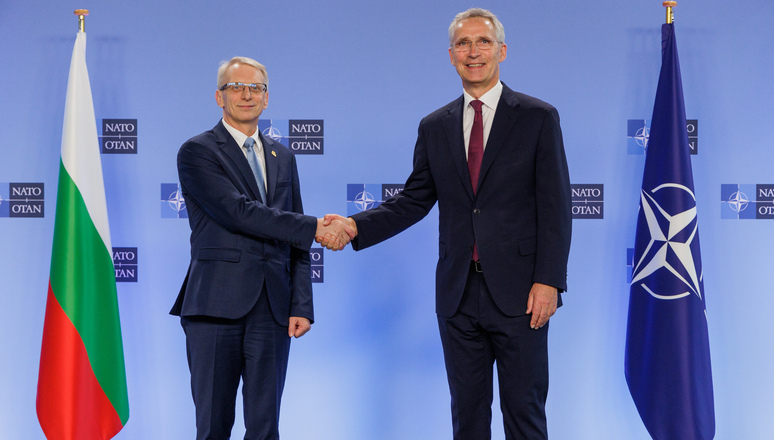
“Bulgaria is on the front line of some of the gravest challenges we face,” and “plays an important role in our collective response,” said the Secretary General. He praised Bulgaria’s contributions to Black Sea region security, including by hosting the Italian-led NATO battlegroup, and by participating in Allied naval patrols. He also thanked Bulgaria for playing a key role in NATO’s peacekeeping mission in Kosovo, and for contributing to NATO’s training mission in Iraq.
“NATO will continue to support and defend Bulgaria,” said Mr Stoltenberg. At the upcoming Vilnius Summit, Allies will further enhance NATO’s collective deterrence and defence. They will decide on new regional plans, with assigned forces, exercises, and capabilities. This will involve putting 300,000 forces on higher readiness, backed by substantial sea and air capabilities. NATO’s new rotational model for air and missile defence will also help move quickly from air policing to air defence if needed. “All this sends a clear message: NATO is ready to defend every inch of Allied territory,” the Secretary General stressed.
Stepping up NATO’s support for Ukraine will be another top priority for the Summit, including with a multi-year assistance package, upgraded political ties, and by reaffirming that Ukraine’s rightful place is in NATO. The Secretary General thanked Bulgaria for providing military and humanitarian support to the Ukrainian people, saying that this helps to uphold their right to self-defence as enshrined in the UN Charter.
“To continue strengthening NATO and supporting Ukraine, we need to invest more in our security,” said Mr Stoltenberg, noting that Allies will agree a more ambitious defence investment pledge at the Summit.
3.
Meet Sorin Aldea, a NATO security agent with a talent for 3D-printed sculpting
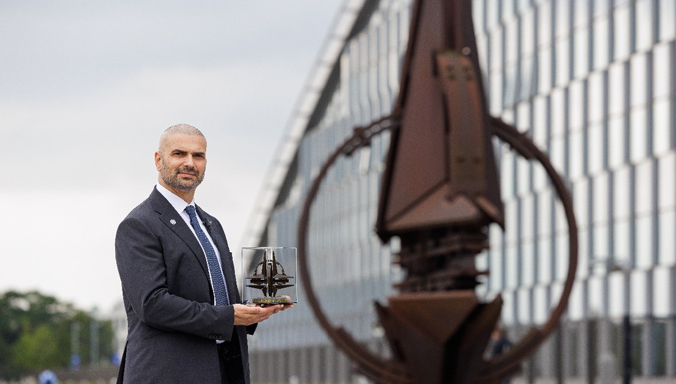
“When I see the sacrifice of our leaders, they have this job to keep the Alliance’s citizens safe and it is not an easy task. So, when I do this (3D-printed sculpting), it is a thank you and a gift at the same time. It is a feeling of appreciation that I cannot express in words.”
Sorin first experimented with 3D printing because of another hobby: video games. The former Non-Commissioned Officer in the Romanian Gendarmerie was looking to improve the virtual reality accessories he uses with his gaming console when he discovered the possibility of creating customised, real-life objects using a special printer. After two years of perfecting his 3D-printing skills, Sorin decided to try something more artistic: accurately reproducing the NATO star sculpture using nothing other than plastic filaments, creativity and an incredible attention to detail.
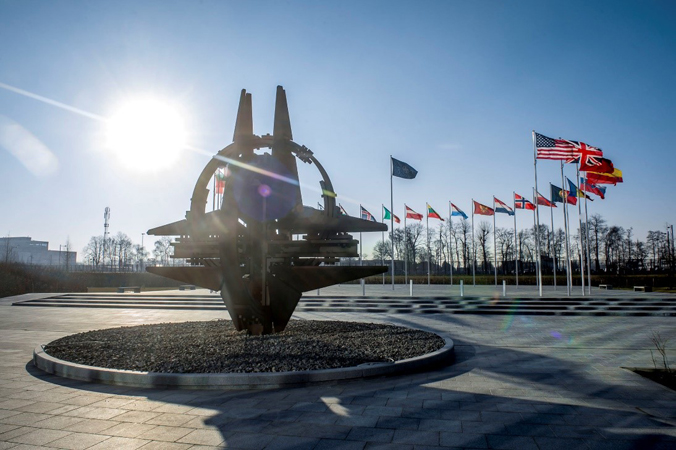
Sorin’s first inspiration was the NATO star, a sculpture that stands in front of NATO Headquarters in Brussels, Belgium, next to the flags of all NATO member countries.
The NATO star
When asked about his go-to NATO sculpture – the seven-metre tall sculpture of oxidised steel, which was designed by Belgian architect Raymond Huyberechts, weighs six metric tons and has stood in front of NATO Headquarters for over 50 years – Sorin highlights how the star speaks to the hearts of the NATO staff members.
“I knew I had to go for the star. This is our symbol. If a person from outside of NATO would see this, they would say this sculpture is just a piece of plastic. But for us, it has a totally different meaning.”
From Sorin’s perspective, the NATO star is a perfect representation of the Alliance’s collaborative spirit and its mission of ensuring the safety of its member countries on both sides of the North Atlantic.
“The [first] NATO Secretary General, Lord Ismay, described the star as two combined circles – North America and Europe. Around them, there is a compass guiding the Allies to safety. I think that was the best description of the star given by a Secretary General.”
Sorin had found a purpose for his art. He wanted to “bring back the NATO symbol” by offering replicas to as many NATO staff members as he could, with the purpose of “connecting different departments and delegations”.
To speak to the heart of the receiver, Sorin personalises his 3D-sculpting work. “Each star sculpture has the name of the person and their division at the base – and if the person is military, the replica will feature both the NATO flag and the flag from their country of origin.” In his opinion, all NATO staff members deserve a star because they “have one common goal and a shared direction”.
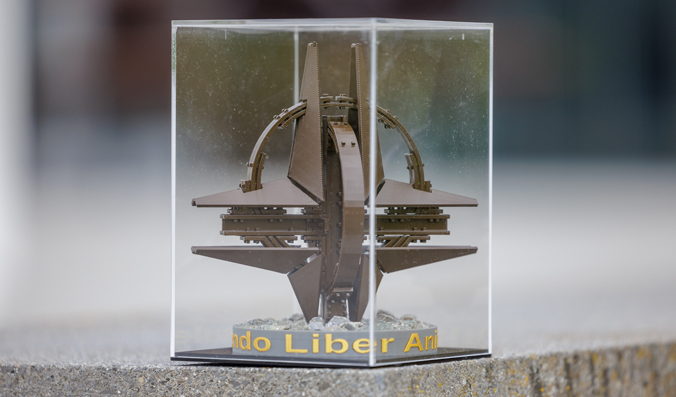
‘Art speaks louder than words’
In addition to the NATO star sculpture, Sorin has also worked on other visual representations of NATO’s contributions to transatlantic security – including Allied soldiers, symbolic sculptures about war and peace, and a light cube showing scenes from NATO Headquarters. No matter what he makes, the reaction is the same. “When I give out the sculptures, more than 90 per cent of the people have tears in their eyes,” says Sorin. “People are surprised and, by seeing their reactions, I know I have to keep going. What can I say? I am trying to make more people happy.”
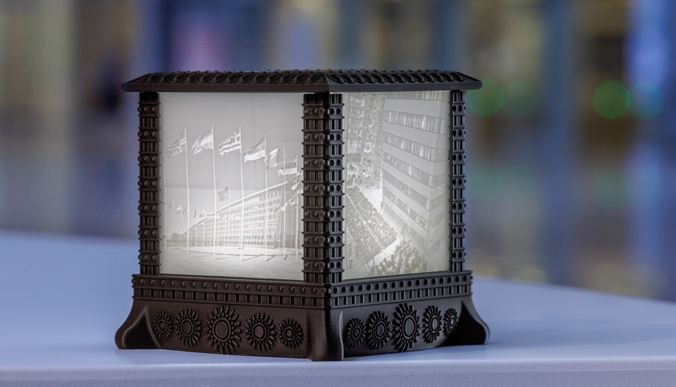
Sorin is committed to continue making NATO sculptures for as long as his journey continues at NATO Headquarters. He might not be able to make a 3D-printed sculpture for each of the roughly 4,000 people who work at NATO Headquarters, but he is happy to impact as many as possible.
“NATO means a lot to me. This place of work is something that calls me every day. Being in a military organisation and having a military background, I have a nice feeling coming here. I am proud to be part of this huge family. It is more than I can explain. It is NATO.”
4.
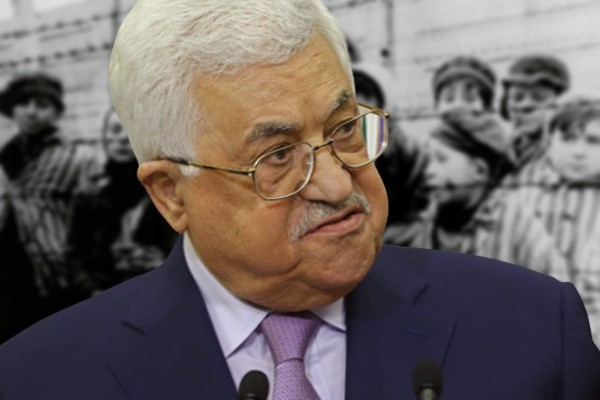
Palestinian Authority Reportedly Mulling Bankruptcy
Such a decision would lead to the closure of PA offices, reportedly raising concerns of resulting instability in Judea and Samaria.
By Ben Rappaport, United with Israel
The Palestinian Authority (PA) has recently held meetings about the possibility of declaring bankruptcy due to its precarious financial situation, Kan Reshet Bet reported Wednesday.
According to the report, such a situation would lead to the closure of Palestinian Authority offices, raising concerns about “a loss in stability” in Judea and Samaria.
The report also said that the PA’s dire financial situation is expressed in the fact that a large number of officials from the Palestinian security apparatus have recently been leaving their positions to look for work in the private sector.
In recent months, Palestinian security personnel have been receiving only 80 percent of their salaries and going into debt, such that the banks close their accounts, according to the report.
At a recent Knesset committee meeting, Israeli Prime Minister Benjamin Netanyahu reportedly said that Israel “needs” the Palestinian Authority.
“We cannot allow it to collapse. We also don’t want it to collapse. We are ready to help it financially.”
“We have an interest in the PA continuing to function. In the areas in which it succeeds in functioning, it does the work for us and we have not interest in it collapsing,” Netanyahu added.
The Palestinian Authority’s financial woes may stem in part from around $11 million in monthly deductions from Palestinian taxes made by Israel, due to the Palestinian Authority’s avowed policy of compensating terrorists and their families for committing attacks against Israelis. Terrorists receive compensation that is significantly more than the average salary in the PA.
PA Chairman Mahmoud Abbas has emphasized that the PA’s “pay for slay” policy is a top priority, saying that “if we had only a single penny left, we would pay it to families of the martyrs and prisoners.”
5. 
Skandal habere çok sert tepki: Bu bir uluslararası komplo, yeni tezgah!
Abdulkadir Selvi, Reuters haber ajasının Cumhurbaşkanı Recep Tayyip Erdoğan ve ailesine yönelik yaptığı skandal habere sert tepki gösterdi.
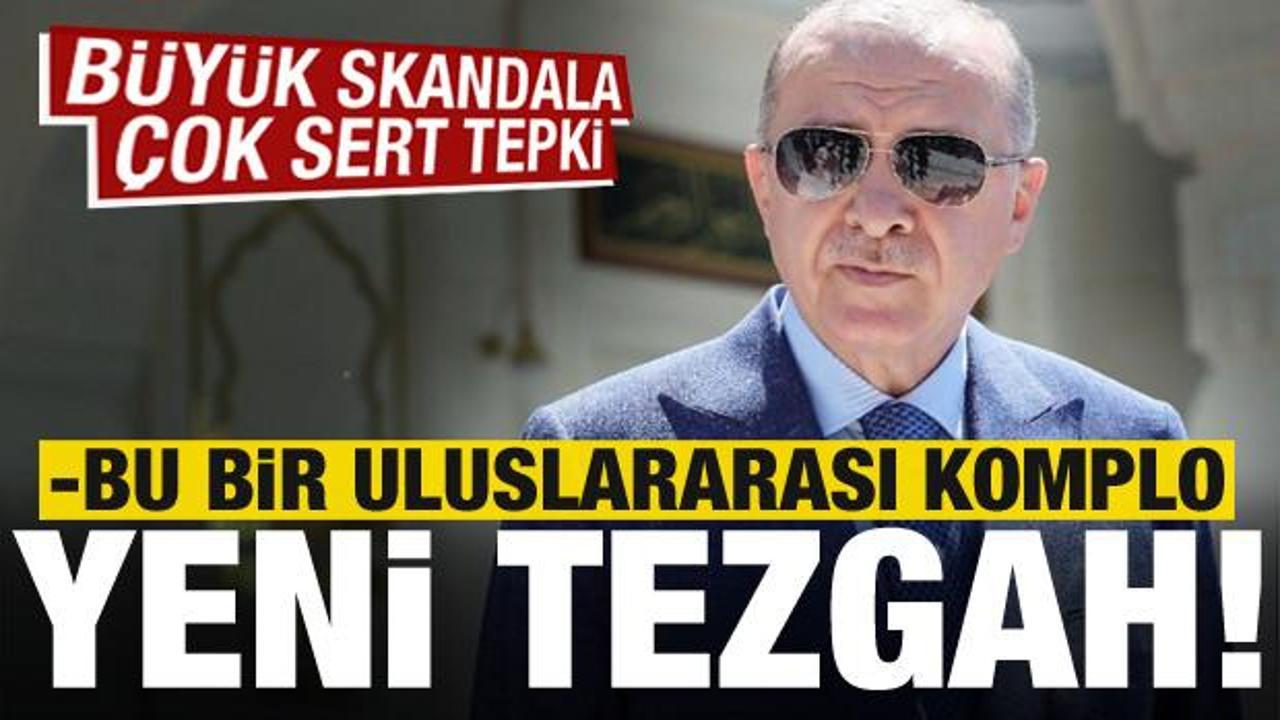
“Burada esas hedef Erdoğan” diyen Selvi “Cumhurbaşkanı’na darbe yapmak istediklerinde her nasılsa önce Bilal Erdoğan’ı hedef alıyorlar.” ifadelerini kullandı.
İmza atılan skandalın bir habercilik faaliyeti olmadığını söyleyen Selvi, “Bu bir uluslararası komplodur“ dedi.
Yapılan skandal haberin, hemen NATO toplantısı öncesi yapılmasına da dikkat çeken Selvi, “Bu haber her nedense bana 17-25 Aralık sürecini hatırlattı. 17-25 Aralık kumpasını kuran FETÖ’cüler de Bilal Erdoğan’ı hedef almıştı. O zaman başbakan olan Erdoğan’ın oğlunu tutuklamak istemişlerdi.” ifadelerini kullandı.
İşte Abdulkadir Selvi’nin yazısındaki ilgili kısım;
REUTERS haber ajansı özel haber başlığı altında Cumhurbaşkanı Erdoğan’ın oğlu Bilal Erdoğan hakkında mesnetsiz iddiaların yer aldığı bir haber yayınladı.
AK Parti yönetimi haklı olarak habere çok sert tepki gösterdi. Çok isabetli bir şekilde bazı medya kuruluşları Reuters’la olan anlaşmalarını iptal ettiler.
Bu konuda ne kadar sert tepki gösterilse yeridir. Çünkü bu bir habercilik faaliyeti değil. Bu bir uluslararası komplodur.
Amerikan şirketinin ortağı İsveçli Dignita Systems firması Türkiye pazarına girecekmiş. Bir kişi tarafından yetkililere sunulan ve Reuters tarafından da incelenen şikâyette herhangi bir rüşvet ödenmediği ve şirketin geçen yıl projeden vazgeçtiği yer alıyormuş.
Ama her nedense 1 yıl önce vazgeçilen proje ve ödenmeyen rüşvet Erdoğan 28 Mayıs’ta yüzde 52 oy oranı ile yeniden seçilince servis edilmiş.
OPERASYONEL HABERCİLİK
Bu bir habercilik faaliyeti değil. Bırakın 117 yıllık geçmişe sahip dünyaca ünlü Reuters haber ajansını gazeteciliğe yeni başlayan stajyer muhabir bile haberi yaparken mutlaka suçlanan tarafa sorar. Biz buna double check deriz. Stajyer muhabirin bildiğini Reuters bilmiyor mu?
Maksadınız haber yapmak değil, operasyon yapmak olursa bilmezsiniz. O zaman ajansınızın künyesindeki haber ibaresini çıkarıp kumpas ajansı yazın.
BİLAL ERDOĞAN’A SORDUNUZ MU
Bir ülkenin cumhurbaşkanının oğlu hakkında bir rüşvet iddiasında bulunacaksınız, bu haberi özel haber diye servis edeceksiniz ama Bilal Erdoğan’a ulaşıp böyle bir şirketten haberi var mı, bu şirketle bir teması olmuş mu, kendisine rüşvet teklif edilmiş mi, bunları sormak aklınıza gelmez.
Onların aklına gelmiyor ama bizim aklımıza çok şey geliyor.
1- Bu bir habercilik değil, bu bir haysiyet cellatlığı. Bu bir operasyon gazeteciliği. Stajyer muhabir bile bu haberi yapsa Bilal Erdoğan’a bu iddiaları sorardı.
2- Bilal Erdoğan’a bırakın rüşvet teklif etmeyi bu insanlar onun yanına yaklaşabilirler mi?
3- Bu haberin İsveç’in NATO’ya giriş sürecinde tam da NATO toplantısı öncesinde servis edilmesi size masum geliyor mu?
4- Bu haber her nedense bana 17-25 Aralık sürecini hatırlattı. 17-25 Aralık kumpasını kuran FETÖ’cüler de Bilal Erdoğan’ı hedef almıştı. O zaman başbakan olan Erdoğan’ın oğlunu tutuklamak istemişlerdi.
5- 17-25 Aralık’ın şantaj-montaj kasetlerini Meclis kürsüsünden dinleten Kemal Kılıçdaroğlu, yıllar sonra bu tapelerin montaj olduğunu itiraf etti.
6- 17-25 Aralık’ta hedef Erdoğan’dı. Orada başarılı olamadılar ama 15 Temmuz’da FETÖ-NATO darbesiyle sonuç almaya çalıştılar. Bu kez de FETÖ-NATO tezgâhı devrede.
Burada esas hedef Erdoğan. Cumhurbaşkanı’na darbe yapmak istediklerinde her nasılsa önce Bilal Erdoğan’ı hedef alıyorlar.


